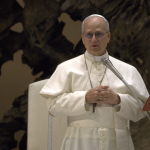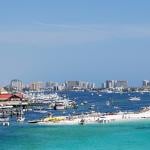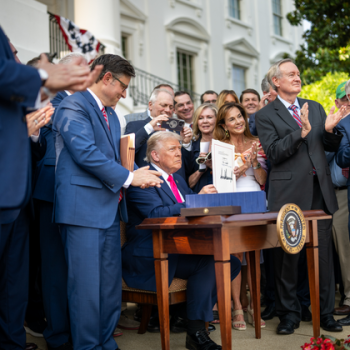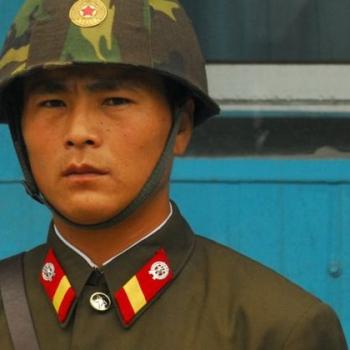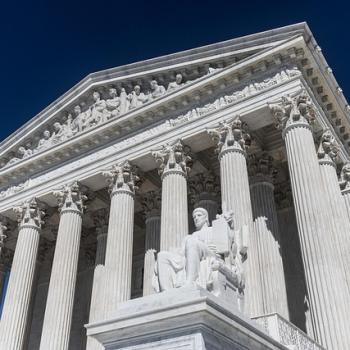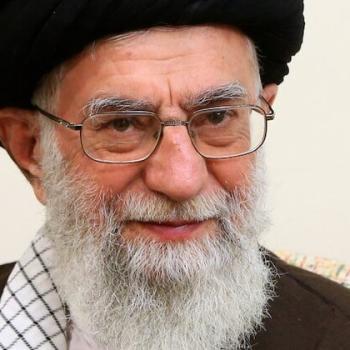
Immigration And Foreign Religious Workers
Foreigners legally entering the US include many religious workers. In fact, the extent of their service in this country may surprise many. According to a 2022 survey of 10,000 priests taken by The Catholic Project, 24% of Catholic priests were foreign-born. These clergy contribute significantly to the Catholic Church’s operation. They are essential for operating parishes in rural and isolated areas and dioceses with large immigrant populations. In Florida, for example, foreign-born priests, many natives of Caribbean countries, make up a large percentage of Episcopal clergy. Outside the church setting, foreign-born clergy serve as hospital and military chaplains.
Foreign workers other than priests assist US churches as well. Religious brothers and nuns plus laypeople play essential roles in church operations, community ministry, and religious education. A 2024 survey conducted by the US Conference of Catholic Bishops found 90% of responding Catholic dioceses note some reliance on foreign religious workers. The average diocese reported over ten such workers serving it.
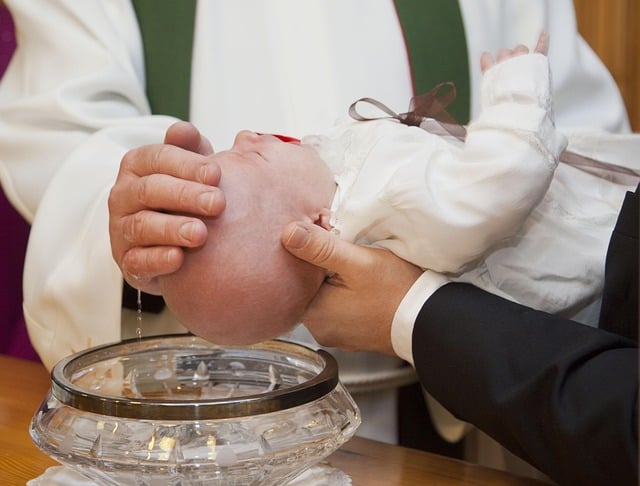
Understanding how foreign religious workers receive approval to come into the US aids in understanding the immigration issue negatively effecting them now. In 1990, Congress amended the provisions of the Immigration and Nationality Act (INA) by creating a specific immigration category for clergy and non-ministers in religious occupations/vocations. The eligibility criteria for designation as a religious worker requires entry into this county be for the sole purpose of serving as a minister or in a religious vocation/occupation of the employer’s denomination.
The applicant for entry as a religious worker first obtains an R-1 visa. This temporary visa allows entry into the US for up to five years. After that time, the worker must leave the country if they do not hold a Green Card. The highly-desired Green Card, also known as a Permanent Resident Card, allows an individual to live and work permanently in the US. The Employment Based fourth preference visa, or EB-4 Visa, provides the green card path for foreign religious workers to stay in the US long term. However, unless that application is processed before the five years has expired, the foreign religious worker must leave the country. Further, they must stay out of the country for at least one year even if the Green Card application remains pending.
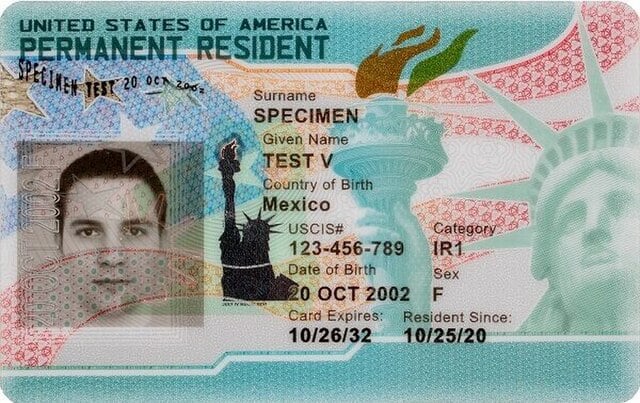
Immigration Issue And Its Negative Impacts
In 2023, the US State Department changed the process for distribution of EB-4 visas. As a result, only so many visas become available each year. Those applicants past the visa cutoff number join a waiting list. A huge application backlog exists with astronomical wait times. This backlog, combined with the limited number of visas available means some religious workers, such as Catholic priests, face a possible 15-year wait for a Green Card. Without that Green Card, of course, those religious workers must leave the country.
Forcing productive foreign religious workers to leave the US because of a government processing backlog is harsh. But others are negatively impacted too. Thousands of clergy are at risk of having to leave the country thereby disrupting the ministries and communities they serve. Indeed, many have already left. A shortage of priests existed before this immigration issue, and thus replacement workers are not readily available. According to the US Conference of Catholic Bishops, “an increasing number of American families will be unable to practice the basic tenets of their faith if this situation is not addressed.”
A Legislative Solution For Religious Workers?
While most political issues today cause division, the plight of religious workers brings different parties and various faiths together to address it. The introduction of a bipartisan bill known as the Religious Workforce Protection Act (RWPA) provides hope for a quick and cooperative solution. The legislation, introduced in April, is currently in the first stage of the legislative process. Its terms extend an R-1 visa religious worker’s time limit from five years until adjudication of their Green Card application.
The rare broad support behind the legislation emphasizes the concern of American citizens for the ability to practice one’s faith if they so choose. RWPA is pending in the House (HB 2672) and Senate (S 1298) with both Republican and Democratic sponsors. Faith groups publicly calling for passage of the legislation include Catholics, Evangelicals, Muslims, Hindus, and Jews. Immigration in general might be a hot potato, but most see this immigration issue’s resolution necessary to support provision of essential religious services.
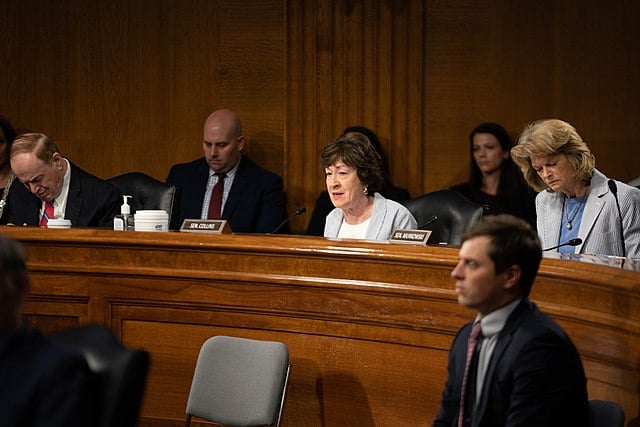
Innovative Idea To Resolve Foreign Religious Workers Immigration Issue
Foreign religious workers coming to the US do so based on faith and a desire to serve. Saddling them with immigration concerns is not what they deserve for their efforts. Disrupting the American ministries and faith communities they serve seems counterproductive. In this case, there really ought to be a law, namely the RWPA. Cooperation across party and religious lines should overcome the immigration issue negatively now impacting religious workers.



